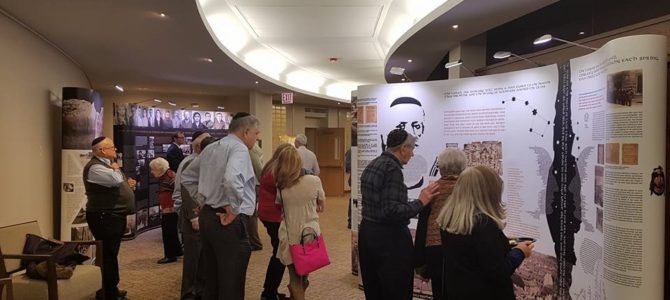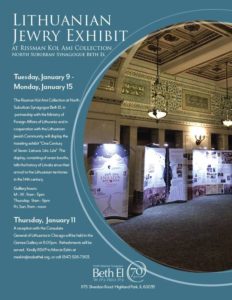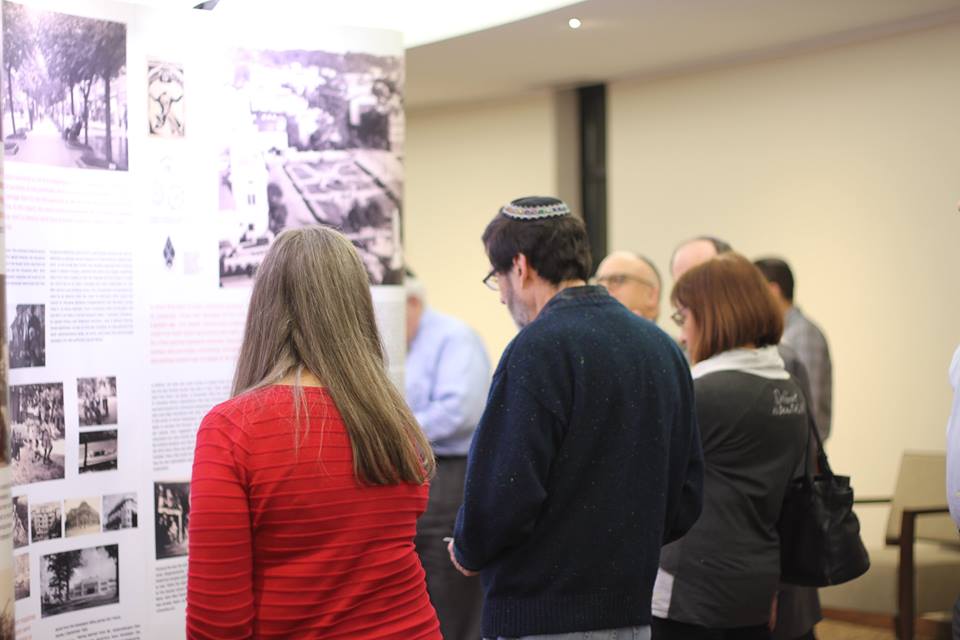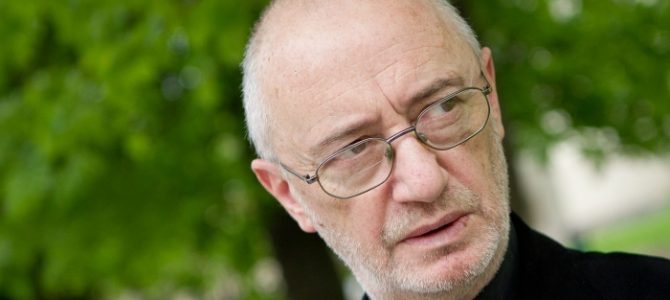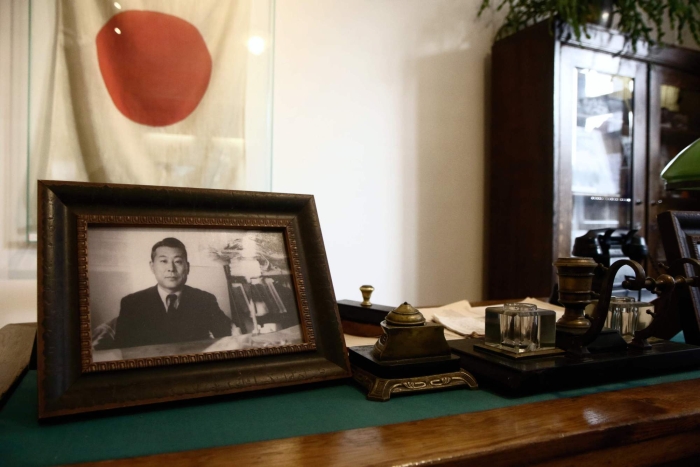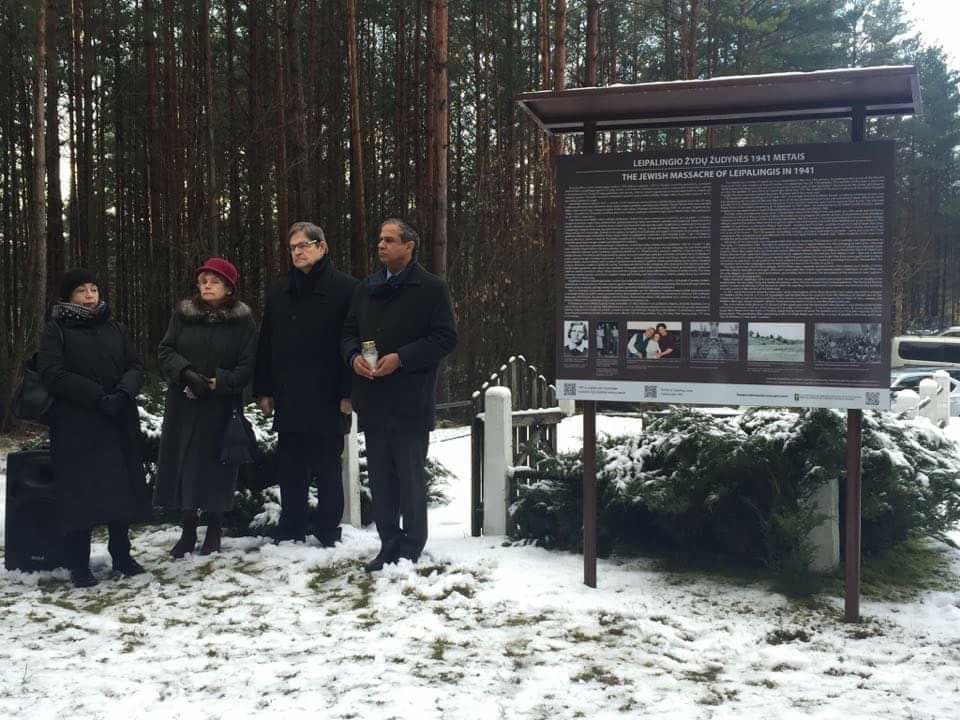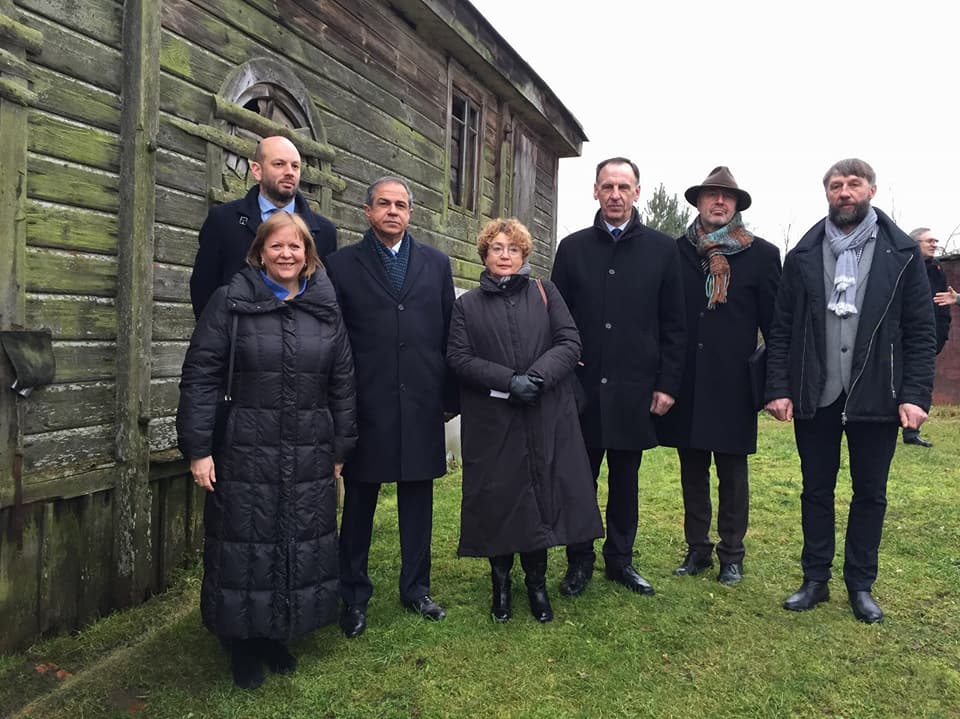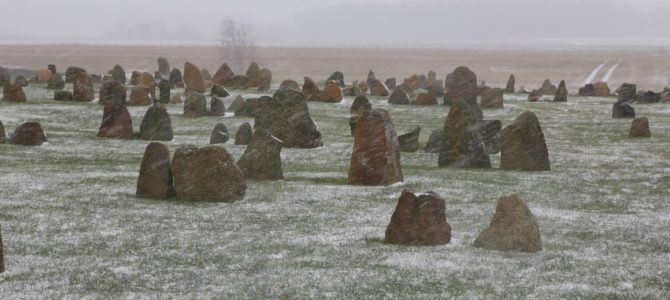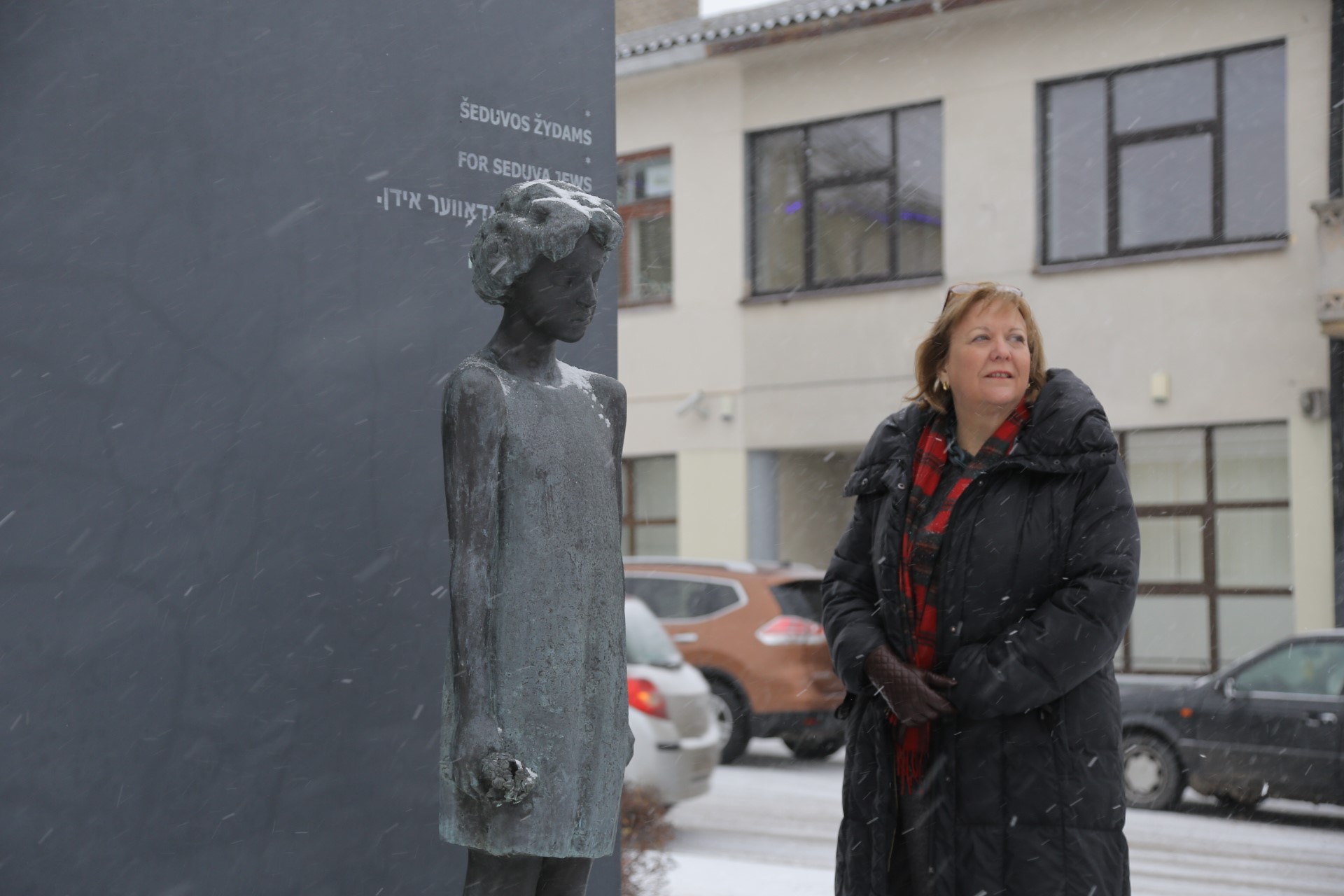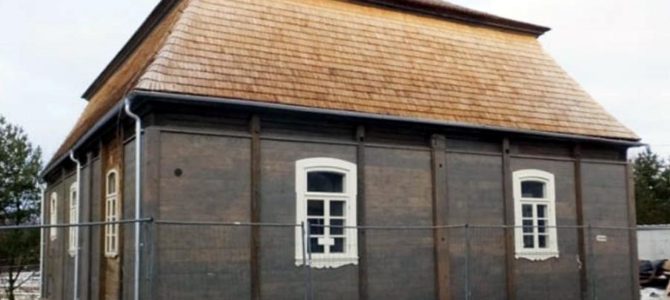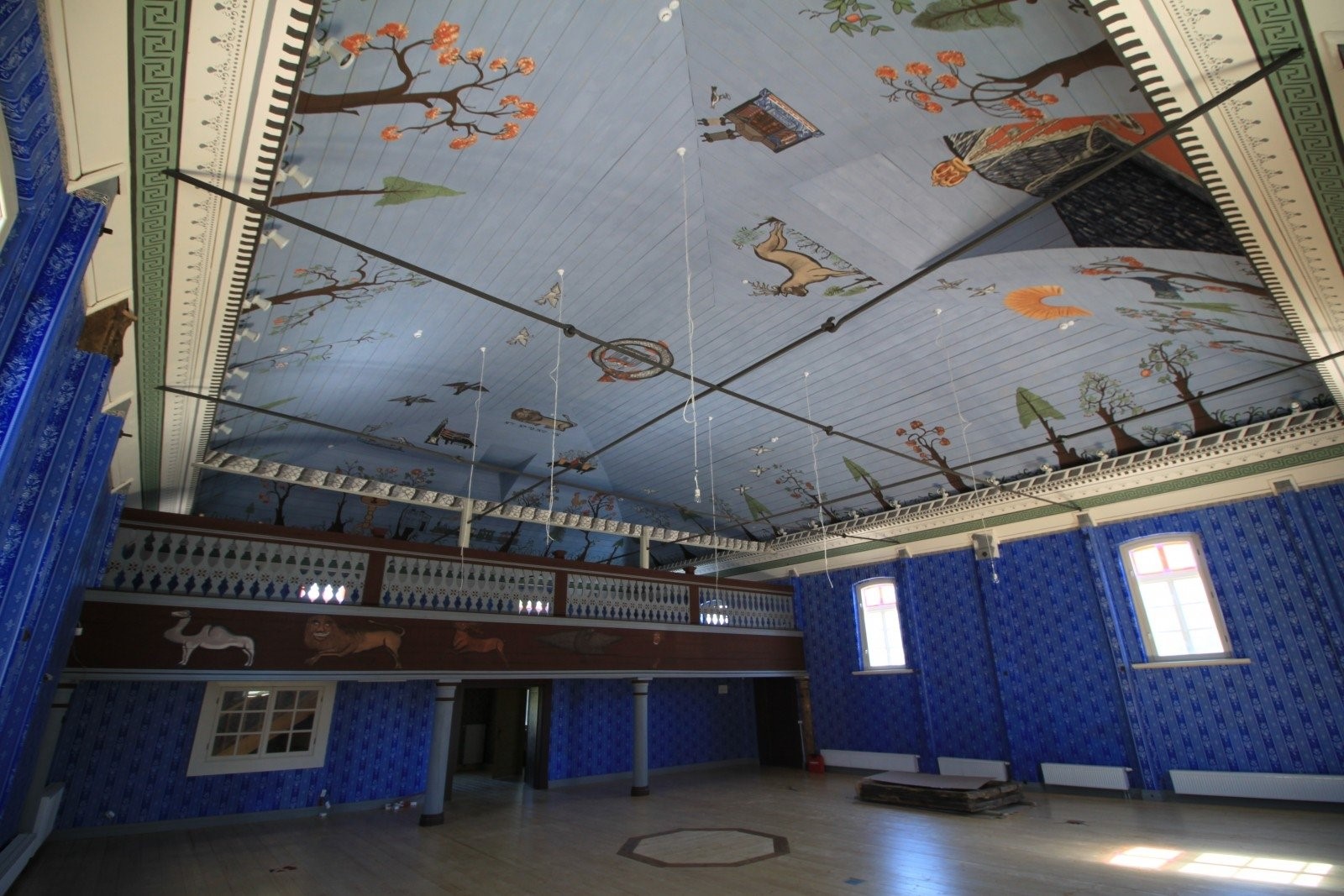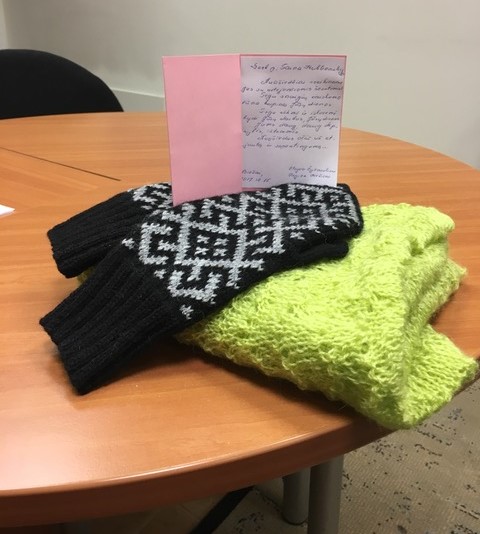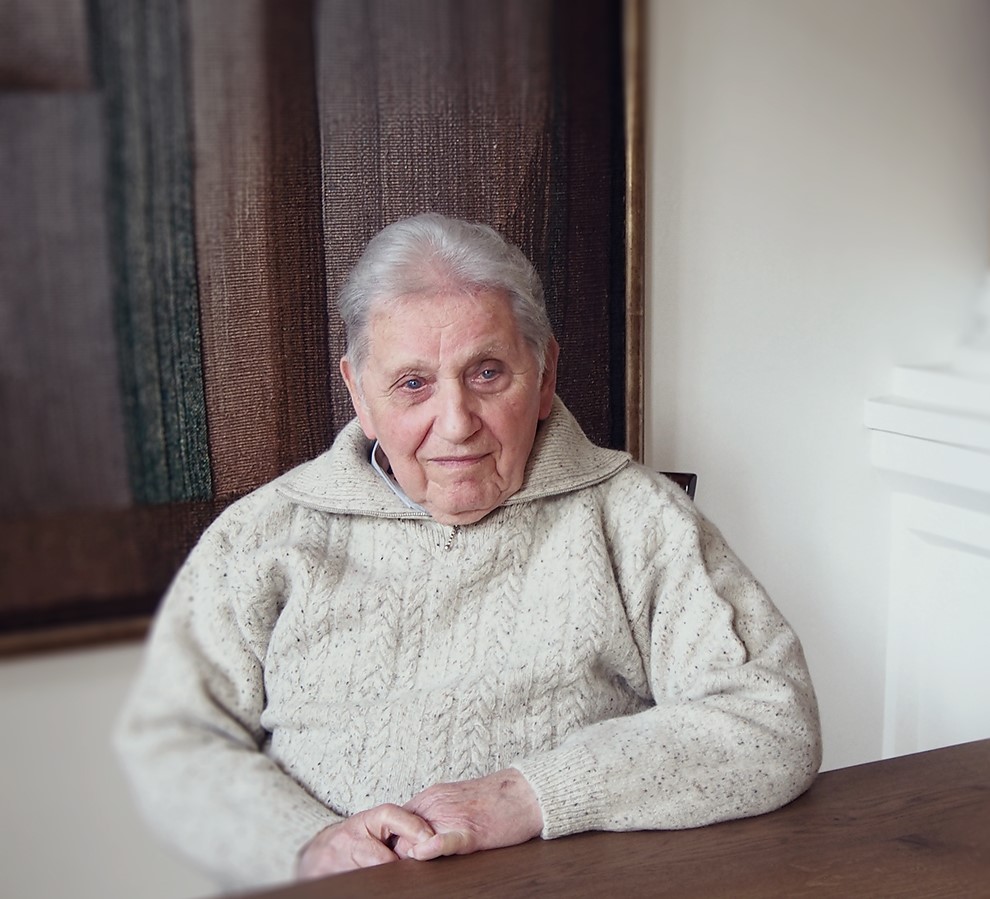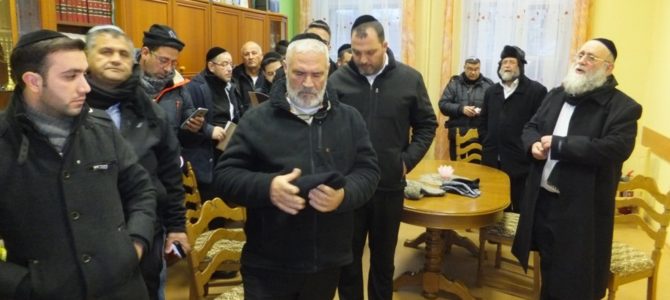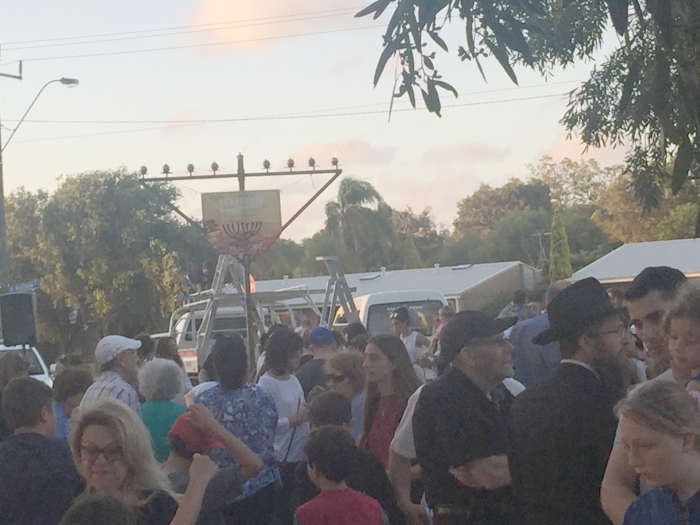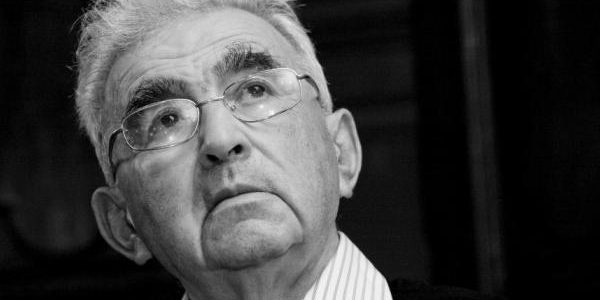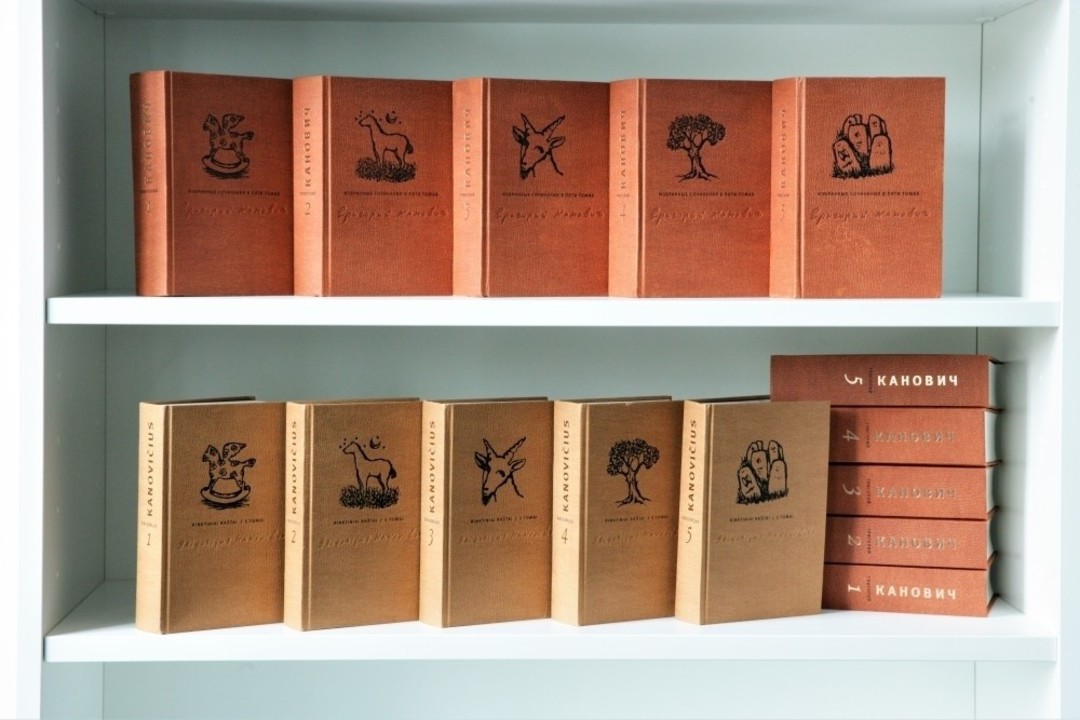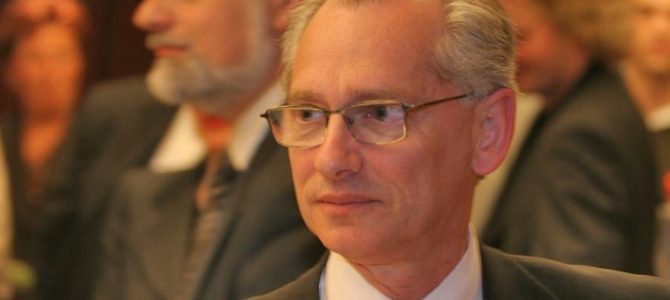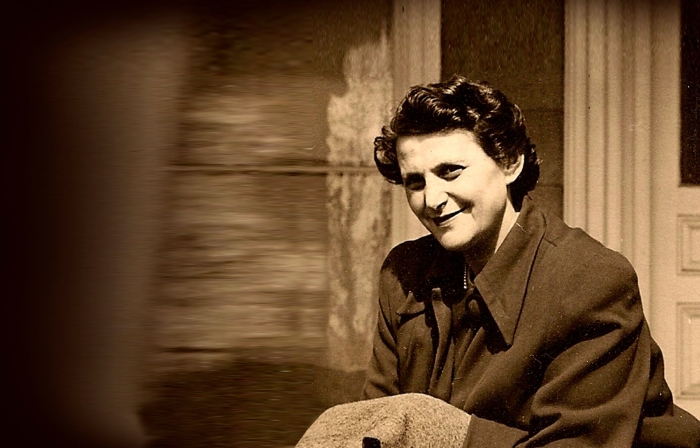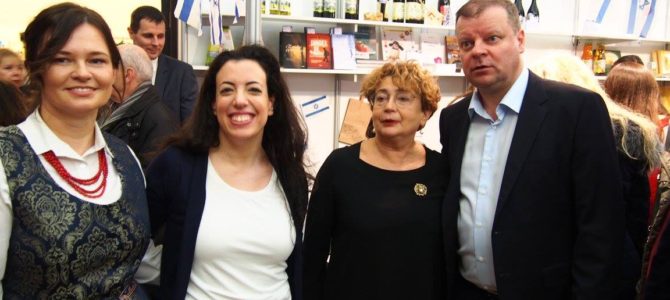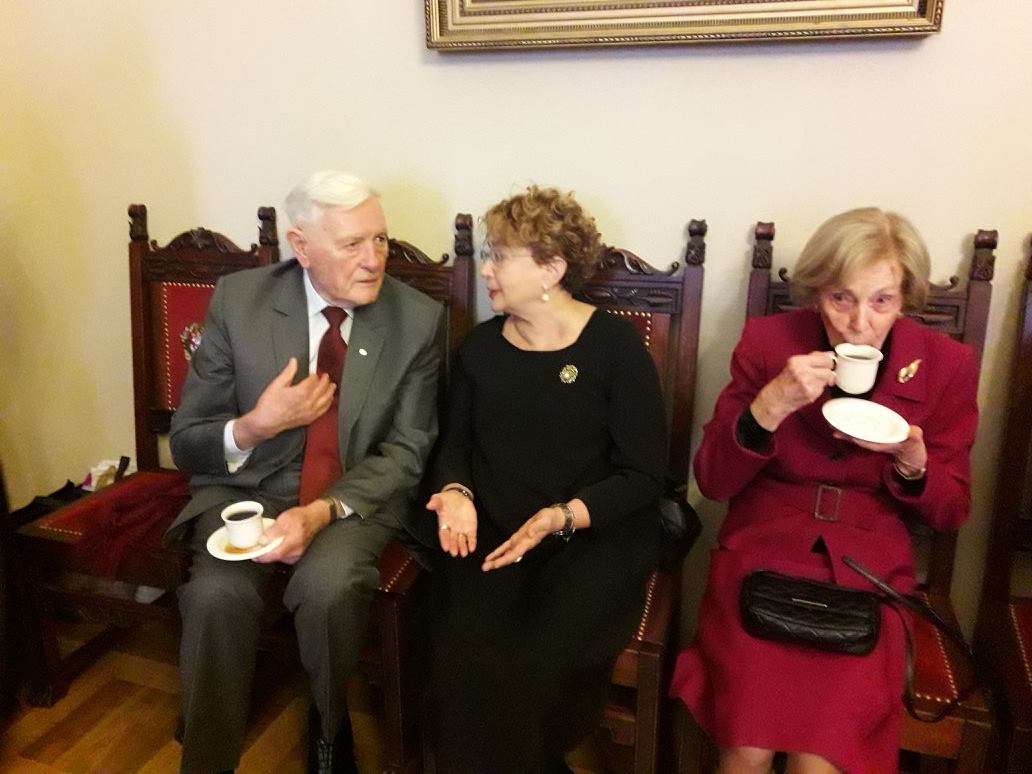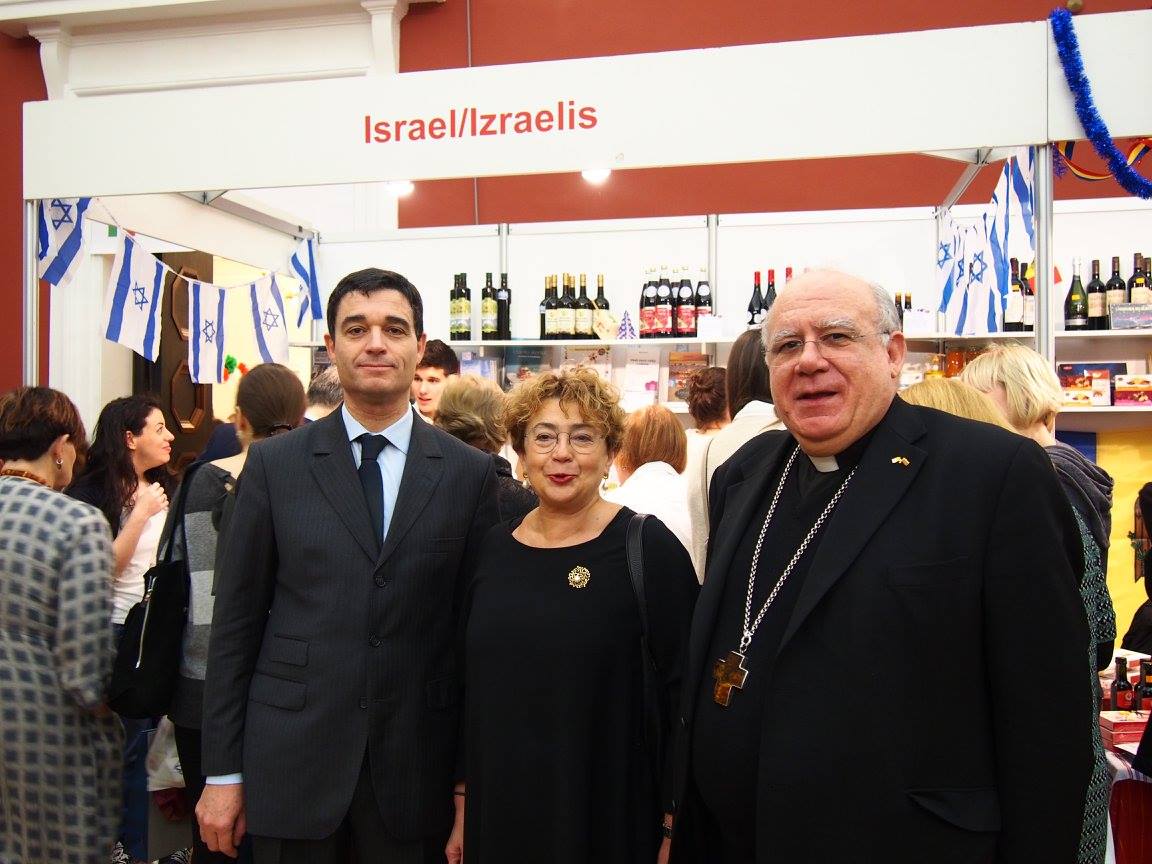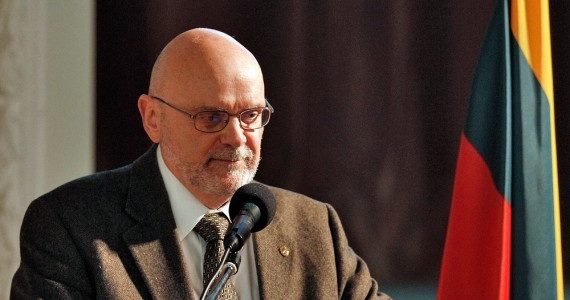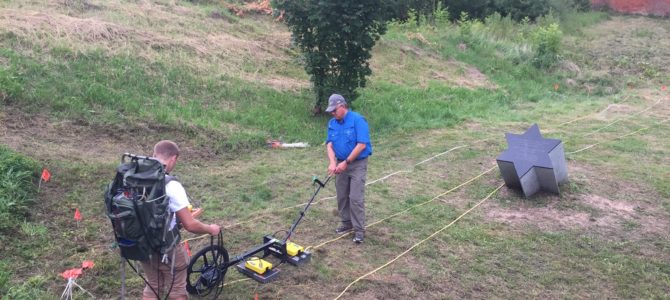
December 14, BNS–There is a proposal to set up information boards at Holocaust mass murder sites in Lithuania containing the names of both the perpetrators and the victims.
MP Eugenijus Jovaiša, chairman of the Lithuanian parliament’s Education and Learning Committee, tabled the proposal Thursday, saying it had been proposed earlier by Israeli ambassador to Lithuania Amir Maimon, and considered within the Center for the Study of the Genocide and Resistance of Lithuanian Residents for some time, although the Center said it would need additional financing to implement the idea.
“It’s not easy to do because there aren’t complete studies and we cannot say for every site exactly who is buried there. Yes, there are studies of this kind, there is some material, but to include all of Lithuania, to set up these signs, similar to the one in Leipalingis, as an example of a memorial, all across Lithuania, there’s not enough material. So it’s clear the activity of the Genocide Center will need financing, it will require funding, and we’ll find it,” Jovaiša said.
Jovaiša said there are only two mass Jewish graves in Lithuania today where visitors can read the names of the victims. He said it would require 86,000 euros to conduct a year-long study and erect the signs. He also said the stands would include information about the Holocaust, the local mass murders, the names and ages of victims, but also information about the perpetrators. Another commemorative sign was just installed in Leipalingis near Druskininkai, with an official opening ceremony scheduled for Friday.
Jovaiša told BNS this was “a project of the future” which would take longer than one year. He believed additional financing could come from the Lithuanian Government without increasing the budget for the Genocide Center.
Genocide Center director Teresė Birutė Burauskaitė said it has been the long-term goal of her institution that the names of the victims of the Nazi as well as Soviet regime wouldn’t remain nameless. She said the proposed signs would present the life of the local Jewish communities before World War II as well as the names of the perpetrators of mass murder based on historical sources and testimonies, and the local population’s view of the Holocaust.
“Sometimes the behavior of the local population is presented in a very one-sided way. Our goal is to show more fully what happened. Not just in Kaunas and Vilnius, where there has been much research, including our own and that of Western scholars, of our former fellow citizens, the memories and stories of the descendants of Litvaks. Everything which is accessible now should be included: all documents, testimonies. If we simply undertook to present a list of the names of all victims… we could name about 80% of them. But we think it’s very important to present the entire process and all of the participants, so that this history would be available at every site,” Burauskaitė told reporters.
She also admitted it would take more than one year to do this, and said Vilna Gaon State Jewish Museum and others “who understand the value and necessity of this work” might also be able to contribute.
According to Genocide Center statistics, there are about 200 Jewish mass murder and grave sites in Lithuania. More than 90% of Jews were murdered in the Holocaust in Lithuania out of a total of approximately 200,000. Today about 3,000 Jews live in Lithuania.

